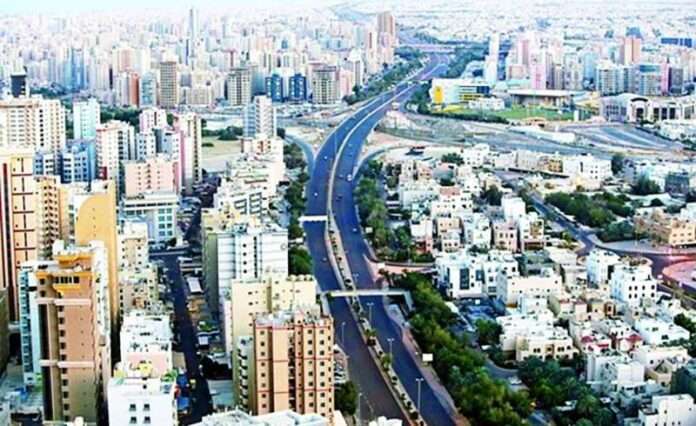The Kuwaiti real estate market ranked 75th globally in the global real estate investment return index issued by Nomad Capitalist, which is specialized in providing investors and entrepreneurs with advisory services.
The index showed that the rent for a one-bedroom apartment in the center of Kuwait (the capital or the main suburbs) is $930, while the price per square meter for buying an apartment in the city center is $7087, indicating that it is the most expensive at the level of the Gulf countries, as the price per square meter in the Emirates is 3924 dollars, in Qatar 4730 dollars, in Saudi Arabia 1692 dollars, and in Oman 2081 dollars, reports Al-Rai daily.
However, the return on real estate investment in these countries is better than Kuwait, as the UAE ranked first in the world on the Nomad Index, followed by Saudi Arabia at 9th, Qatar at 11th, and Oman at 11th.
The Nomad Return on Real Estate Index was designed to track the performance of real estate markets in 103 different countries, including developed and developing real estate markets, and to measure the real value of international real estate. This is expressed as a percentage of the total cost of the asset or sometimes the estimated present value.
In measuring the return from real estate, the index relies on 5 factors distributed in percentages for each factor, namely: price-to-income ratio (25 percent), net rental income (37.5 percent), ability to afford loans (12.5 percent), and purchase cost, real estate and its subsequent sale (12.5 percent), and the tax on rental income (12.5 percent).
In the price-to-income ratio factor that measures an individual’s ability to purchase a property, Kuwait recorded 11.5, while the lower the number, the better. The value is calculated by comparing the average cost of an apartment with the average amount remaining for the family after paying all its bills and expenses.
In the net rental income, which calculates the percentage of the total rent collected in a year compared to the price of an apartment in the city center, Kuwait recorded 3.1 percent, while in the factor of ability to afford loans, Kuwait recorded 1.1 percent.
Nomad relied on the World Happiness Report, the Human Development Index, and subjective factors from its experiences to determine how the citizens of each country are accepted. Loan affordability measures the ability of an average family to meet the income requirements for obtaining a mortgage for a normal home in the country, and this is determined when Consider the most recent data on income and home prices, as a higher value indicates better purchasing power.
As for the total cost of buying a property and selling it later, Kuwait recorded 9 percent, noting that obtaining a lower percentage means spending a smaller amount.
Finally, NOMAD relied on the global real estate guide to measure the tax on rental income, and it represents the percentage of the amount that must be paid to the government as income tax when renting a residential property, and the lower the percentage, the less taxes are required to be paid in this factor, Kuwait scored 7 percent.

















